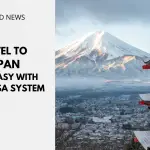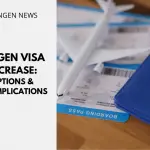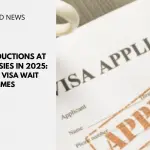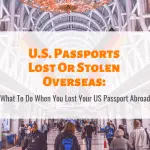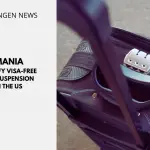US Travel Ban: US Embassies Outline Who Can Travel from List of Banned Countries
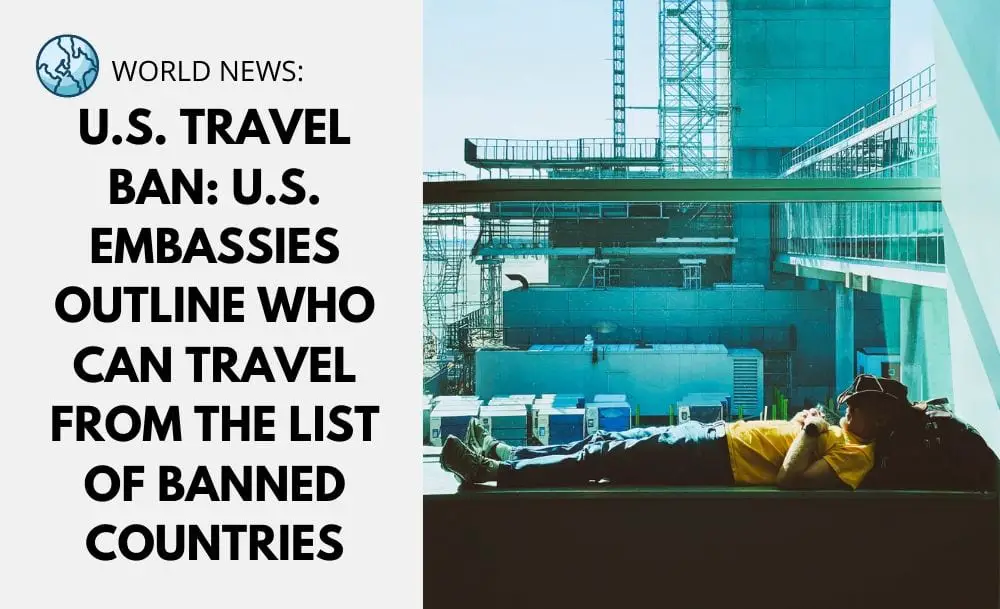
U.S. Embassies and Consulates in the Schengen Area Expand the National Interest Exemption Beginning on July 15
The US Department of State announced the phased opening of embassies and consulates to begin the processing of visa applications.
The question then arises: who is permitted to travel to the USA? Following the Trump presidential proclamation of the US travel ban, the US embassies and consular websites are beginning to define who is permitted to travel to the US.
Of course, countries not on the US travel ban list are permitted to travel. If you were physically present within the following list of countries within 14 days, then you are not permitted to enter the US.
The US Presidential Proclamation Travel Ban
In March 2020 and subsequently, on May 24, 2020, the US President, Donald Trump, issued a series of presidential proclamations that barred travel for anyone who has travelled through or from one of the listed countries in the 14 days prior to entering the United States of America.

The list of banned countries are:
- Brazil;
- The United Kingdom of Great Britain and Northern Ireland, excluding overseas territories outside of Europe;
- The Republic of Ireland;
- The 26 countries that comprise the Schengen Area (Austria, Belgium, Czech Republic, Denmark, Estonia, Finland, France, Germany, Greece, Hungary, Iceland, Italy, Latvia, Liechtenstein, Lithuania, Luxembourg, Malta, Netherlands, Norway, Poland, Portugal, Slovakia, Slovenia, Spain, Sweden, and Switzerland)
- The Islamic Republic of Iran;
- The People’s Republic of China, not including the Special Administrative Regions of Hong Kong and Macau.
Exceptions to the US Travel Ban – Who Can Travel to the US?
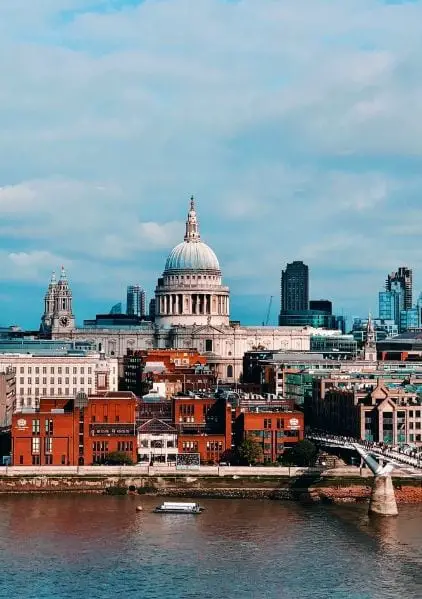
The travel restriction does not apply to American citizens, legal permanent residents, most immediate family members of U.S. citizens, and other individuals who are identified in Presidential Proclamation 9996.
You can also avoid the travel ban by travel to the United States through a country that is not covered by Presidential Proclamation.
The US embassy in the UK, in particular outlines to also bear in mind the following:
- The Presidential Proclamation suspends travel to the U.S. for any individual who has been physically present in the United Kingdom within 14 days prior to their arrival in the United States.
- The suspension also applies to traveling through a U.S. airport.
- Transiting a country covered by the Presidential Proclamation, even without exiting the airport, counts as physical presence within that country.
The National Interest Consideration – Exceptions to the US Travel Ban
Where you are not exempt from the travel restrictions but I have an emergency need to travel, the Department of State provided a “National Interest consideration” clause.
If you have a valid visa or a valid ESTA and you have a humanitarian need for travel, such as for critical medical treatment, you may still be able to travel.
But the question remained: What will be considered as “national interest” for purposes of obtaining an exemption to President Trump’s March 11 Proclamation suspending travel from the Schengen area and the other countries into the United States?

U.S. embassies in the UK, Luxembourg and Bratislava both reference a July 10 announcement from Washington allowing certain travellers from Schengen countries and the rest to resume travel to the United States beginning July 15 after getting an exemption.
The U.S. embassy in Vienna also states that national interest exemptions are available, but it does not reference a July 10 announcement from Washington.
The announcement identifies those traveling as students (F-1 and M-1), researchers (certain J-1 programs), investors (E-2), or business travellers (B-1) may be eligible for the exemption.
This, of course, will be welcome news for those executives and investors that have been unable to travel or return to the US for months.
Students and academics seeking to re-enter the United States for the Fall semester are also included in the new definition of national interest.
L-1 and O-1 visa holders are not specifically mentioned and on the face of it, are not currently able to apply for the national interest exemption (NIE).
Travellers falling into the following categories may be considered for the NIE: Economic, Investors, Students, and Academics.
The “Economic” classification is defined as “temporary travel that provides a substantial economic benefit to the U.S.” The posting provides examples such as technical experts, senior-level manager and executives, as well as professional athletes.
The exemption granted to travellers falling into the economic and investor categories will be limited to one entry that must be made within 30 days of approval.
All future travel will require a new exemption request.
The exemption granted to students and researchers will be valid for multiple entries.
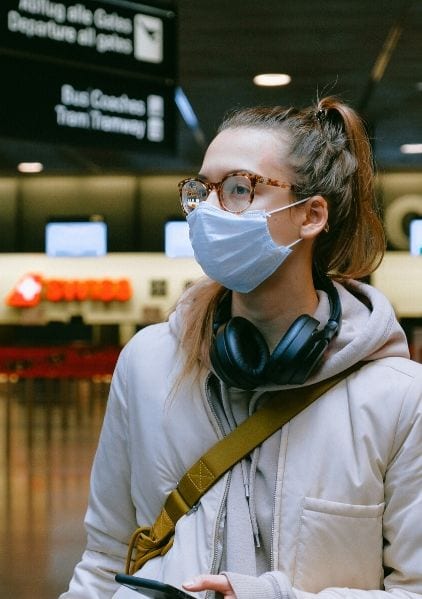
Dependents of all but technical expert and specialist categories are also eligible for an exemption.
Students with valid visas and I-20s may travel to the United States and apply for admission without requesting the exemption from the consulate.
All other travellers that have ESTA or hold a valid visa in one of the specified categories must obtain the exemption from the consulate prior to seeking entry to the United States.
Travellers without a visa who believe they qualify for the exemption should apply for their visa as normal.
At this time the announcement references an exemption to the travel ban proclamation only and not the June 22 proclamation limiting the issuing of new non-immigrant visas in certain classifications.
The June 22nd proclamation suspended the entry of visa applicants that “Present a Risk to the U.S. Labor Market
Therefore, the ability of H-1B, H-2B, L-1, or certain J-1 visas on or after June 24, 2020. These visas are essentially:
- “an H-1B or H-2B visa, and any alien accompanying or following to join such alien;”
- a J visa, to the extent the alien is participating in an intern, trainee, teacher, camp counsellor, au pair, or summer work travel program, and any alien accompanying or following to join such alien;
- “an L visa, and any alien accompanying or following to join such alien”
The non-immigrant visa proclamation also has its own national interest exemption, and the recent announcement may expand to the new visa issuance as well.
Thus far, the announcement has been made by a limited number of U.S. embassies in the Schengen area only.
The Department of Homeland Security will direct those who have been in the Schengen Area who are exempt from these restrictions, including American citizens, to travel through select airports where the U.S. Government has implemented enhanced screening procedures.
If you need help or information, reach out to your visa coordinator at IaM.
- New Immigration Statistics for Year Ending December 2024 - 19 March 2025
- The Conservative’s New UK Immigration Plan – What You Need to Know - 7 February 2025
- How to apply for an adult dependant relative visa to come to the UK - 22 March 2023

